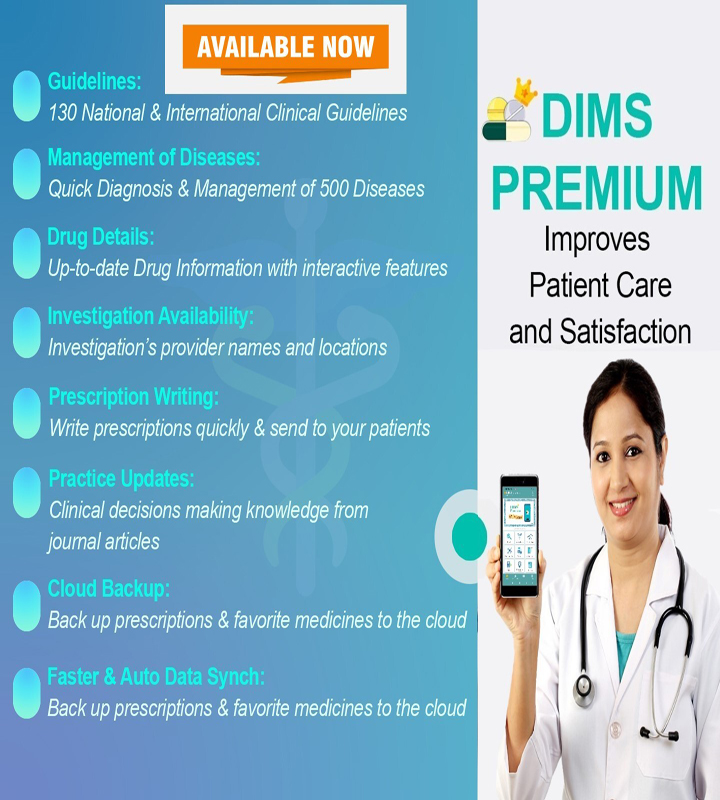Hormone therapy for menopause linked to increased risk of Dementia
The British
Medical Journal (BMJ): Published June 2023
About 45% of all womenTrusted
Source globally use menopausal hormone therapyTrusted Source — also known as
hormone replacement therapy (HRT) — to help alleviate the symptoms of
menopause.
The study aims to assess the
association between use of menopausal hormone therapy and development of
dementia according to type of hormone treatment, duration of use, and age at
usage.
The primary exposure of interest
was use of combined oestrogen and progestin treatment.
What is already known on this topic
Large scale observational studies found long term use of menopausal
hormone therapy is associated with development of dementia, confirming findings
from the largest randomised, double blind, placebo controlled trial on the
topic
The effect of short term use of menopausal hormone therapy around the age
of menopause remains to be fully explored
Information is scarce on the effect of continuous versus cyclic combined
menopausal hormone therapy on the risk of dementia
What this study adds
Exposure to menopausal hormone therapy was positively associated with
development of all cause dementia and Alzheimer’s disease, even for short term
usage around the age of menopausal onset
Principal findings
In this case-control study,
exposure to menopausal hormone therapy with oestrogen and progestin was
associated with an increased rate of all cause dementia, late onset dementia,
and Alzheimer’s disease.
Increasing duration of treatment
was associated with increasing hazard rates of developing dementia.
Continuous and cyclic
oestrogen-progestin regimens were similarly associated with development of all
cause dementia.
The increased rate of dementia
persisted in short term users who had treatment exclusively at 55 years or
younger.
Doctors Liked to Read More
However, experts who treat and
study menopause say the study is unable to draw a direct connection to
later-life dementia and that the overall benefits of hormone replacement
therapy, or HRT, far outweigh the risks for many patients.
“Understanding whether hormone
replacement therapy (HRT) plays a role in dementia risk has been a priority for
the research community in recent years. Such studies, however, have so far been
inconclusive and contradictory, with some suggesting that HRT reduces risk of
dementia, and others suggesting it increases risk. Reasons for this may
be because of differences in age when HRT is given, differences in how HRT is
used, and different types of HRT used over the years.
“This large, nationwide Danish
study has found an association between both short- and long-term use of HRT and
an increased risk of dementia. Unfortunately, it doesn’t provide a conclusive
answer on whether HRT contributes to dementia risk, because the study did not
consider some of the other factors known to be involved, such as social
isolation, smoking or dietary factors like alcohol.
“Further studies are warranted to
determine whether these findings represent an actual effect of menopausal
hormone therapy on dementia risk, or whether they reflect an underlying
predisposition in women in need of these treatments.”
Objectives To
assess the association between use of menopausal hormone therapy and
development of dementia according to type of hormone treatment, duration of
use, and age at usage.
Design Nationwide,
nested case-control study.
Setting Denmark
through national registries.
Participants 5589
incident cases of dementia and 55 890 age matched controls were identified
between 2000 and 2018 from a population of all Danish women aged 50-60 years in
2000 with no history of dementia or contraindications for use of menopausal
hormone therapy.
Main outcome measures Adjusted
hazard ratios with 95% confidence intervals for all cause dementia defined by a
first time diagnosis or first time use of dementia specific medication.
Results Compared
with people who had never used treatment, people who had received
oestrogen-progestin therapy had an increased rate of all cause dementia (hazard
ratio 1.24 (95% confidence interval 1.17 to 1.33)). Increasing durations of use
yielded higher hazard ratios, ranging from 1.21 (1.09 to 1.35) for one year or
less of use to 1.74 (1.45 to 2.10) for more than 12 years of use.
Oestrogen-progestin therapy was positively associated with development of
dementia for both continuous (1.31 (1.18 to 1.46)) and cyclic (1.24 (1.13 to
1.35)) regimens. Associations persisted in women who received treatment at the
age 55 years or younger (1.24 (1.11 to 1.40)). Findings persisted when
restricted to late onset dementia (1.21 (1.12 to 1.30)) and Alzheimer’s disease
(1.22 (1.07 to 1.39)).
Conclusions Menopausal
hormone therapy was positively associated with development of all cause
dementia and Alzheimer’s disease, even in women who received treatment at the
age of 55 years or younger. The increased rate of dementia was similar between
continuous and cyclic treatment. Further studies are warranted to determine
whether these findings represent an actual effect of menopausal hormone therapy
on dementia risk, or whether they reflect an underlying predisposition in women
in need of these treatments.






Comments
You must login to write comment